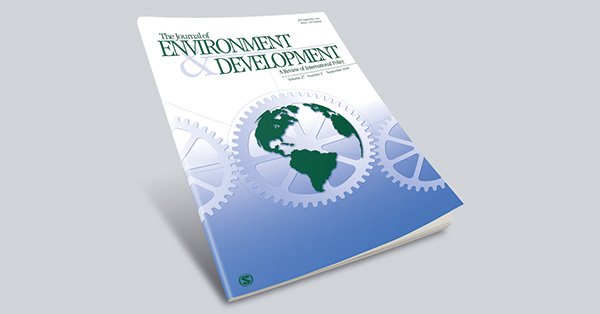
Clean Energy Transitions in East Asia
A project supported by Australian Research Council
New Book
developmental ENVIRONMENTALISM: state ambition and creative destruction in east asia’s green energy transition
Elizabeth Thurbon, Sung-Young Kim, John A Mathews, and Hao Tan
Provides a new way of thinking about the strategic role of the state in the clean energy shift
Significantly extends cutting-edge developmental state theorising to illuminate the strategic role of the state in East Asian development and change
Explains the drivers and dynamics of the clean energy shift and to predict its most likely future trajectory
Includes detailed longitudinal case studies of clean energy industry creation and fossil fuel industry destruction in China and Korea
Enhances comparative understanding of new industry development and government-business collaboration in East Asia
Publication date 23 March 2023
Open Access License: CC-BY-NC-ND 4.0
What are people saying about Developmental Environmentalism? See the advance praise here.
Advance Praise
"Climate change remains the greatest moral challenge of our generation. And this is a novel, compelling and accessible account of East Asia's ambitious green energy transformation, and the major economic and environmental payoffs that our region and the world are already reaping as a result. Essential reading for policymakers and scholars alike.”
— Kevin Rudd, former prime minister of Australia and global president of the Asia Society
“Asia's clean energy shift has massive implications for Australia.”
— Elizabeth Thurbon.
Latest Research
-

Gone with the wind
Abstract
Offshore wind power (OWP) is emerging as the fastest growing sector in the global race towards renewables, and likely to emerge in just a few years as the largest segment in absolute terms. It has grown from accounting for just 1% of wind power capacity in 2010 to 10% by 2019 and is anticipated to reach 20% early in the 2020s. The OWP sector involves heavy engineering in the building of huge turbines, steel and concrete platforms, and extensive subsea cabling that resembles the shipbuilding industry more than mass production of consumables like solar cells. European firms were early developers of OWP but are now witnessing the rise of strong competitors from Northeast Asia (China, Japan, Korea, Taiwan) as well as potentially the USA. -

More ‘Creative’ Than ‘Destructive’?
Abstract
We develop a new way of analysing the state’s strategic role in the clean energy shift. We do so by synthesizing Schumpeterian understandings of ‘creative destruction’ and techno-economic change with cutting-edge developmental state theorizing centred on ‘developmental environmentalism’. Our approach allows us to explain South Korea’s mixed results in the clean energy shift over the 2008–2020 period by focussing on varying degrees of alignment between the state’s ‘creative’ and ‘destructive’ ambitions and capabilities. Following a period of misalignment characterized by a creative emphasis (2008–2015), we have seen growing alignment between the state’s ‘creative’ and ‘destructive’ endeavours (2015–present). On the basis of our analysis, we anticipate that Korea’s hitherto mixed results are likely to give way to more consistent strides towards greening the national economy. Beyond Korea, our fresh analytical approach may be applied to other national contexts, helping to advance broader debates about the state’s strategic role in the clean energy shift.
Keywords:
South Korea, clean energy shift, developmental environmentalism, Schumpeter, creative destruction, hydrogen, fuel-cell electric vehicles -

Overcoming Incumbent Resistance to the Clean Energy Shift
Abstract
Phasing out the use of coal for power generation is an important concern for energy policy in the context of green transition. Despite the efforts of other nations, the role of China in the global phase-out of coal power remains crucial. Our study with a sub-national focus sheds important new light on the drivers and decision-making dynamics of exiting of coal power use in China. Based on a case study of closures of coal power plants in China's Guangdong province, we find that under certain circumstances, governments - especially those in the provincial and city levels - can and do act as change agents when it comes to retirement of coal fired power stations. Our study reveals a number of push and pull mechanisms that governments have utilized to overcome the resistance of incumbent power generation companies, primarily based on developmental considerations. By identifying the drivers and enabling mechanisms of phasing out the use of coal power in a significant sub-national region in China, our study contributes to both of the sustainability transition literature and the energy policy literature.
Keywords:
Industry destabilization, Coal exit, Industry upgrading, Coal power plant retirement, Creative destruction, Guangdong-Hong Kong-Macao Greater bay area, Developmental State
